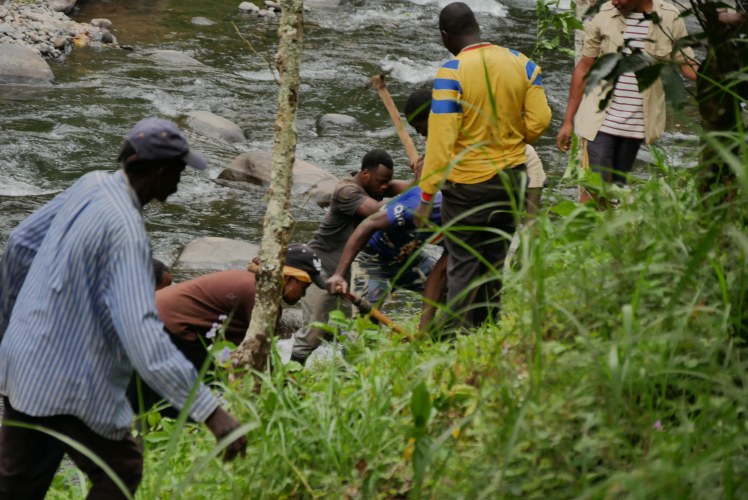This article was originally published on the NatuRes website and cross-posted here
The Pangani basin in the North of Tanzania is increasingly water-stressed. Climate change is impacting regular rainfall patterns, and catchment degradation is leading to reduced water flows. Meanwhile, water demand is increasing due to population growth and economic development. Additionally, decreasing water quality, partly due to pollution from agricultural practices, and poor water, sanitation and hygiene (WASH) conditions is affecting the health of riverain communities. Combined, these dynamics are reducing the resilience of riverain communities to consequences of climate change, as well as to global shocks such as COVID-19.
Partnerships for healthy catchments
NatuReS Tanzania supports partnerships in the Usa and Weruweru sub-catchments, which are part of the Kikuletwa catchment in the Pangani basin. To improve communities’ resilience towards climate change and health hazards like the current pandemic, NatuReS supports the Pangani Basin Water Board in working closely with the local government, community organizations and businesses to address the water-related challenges in the sub-catchments.
Currently, three initiatives are improving water conservation in the upper parts of the sub-catchments and increasing the efficiency of water use in the lower parts of the sub-catchments, particularly within irrigation furrow systems. By doing so, these initiatives are addressing environmental risks impacting the health of the river and of its inhabitants.



